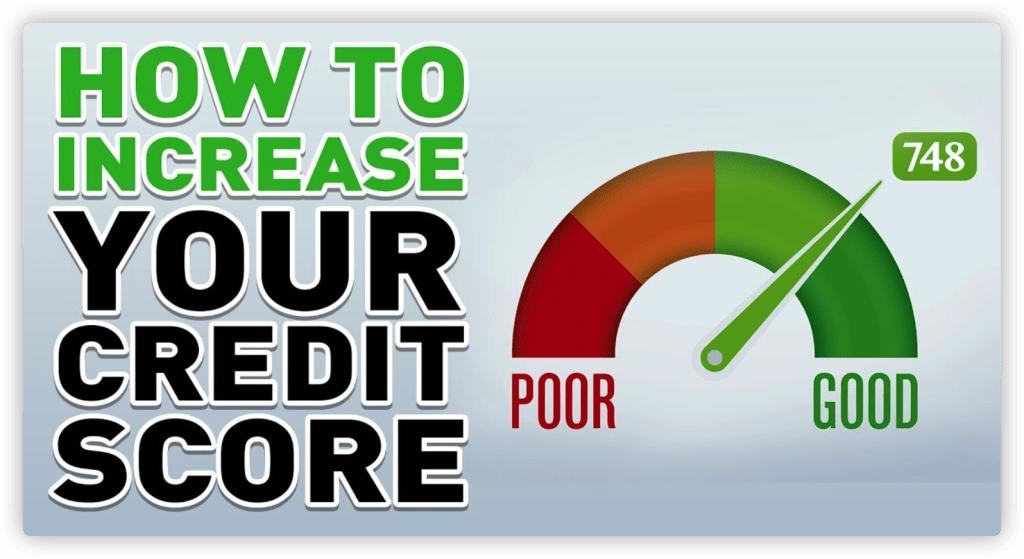
Having good credit is important for many financial goals, such as getting a mortgage, car loan, or credit card with a low interest rate. In this article, we will discuss tips for improving your credit score.
- Pay your bills on time: Payment history is the most important factor that determines your credit score, so it is important to pay your bills on time. Late payments can have a negative impact on your credit score, so try to pay all your bills before the due date.
- Keep your credit utilization low: Credit utilization is the amount of credit you use compared to the total amount of credit available to you. A high credit utilization ratio (using a large percentage of your available credit) can hurt your credit score. To improve your credit score, try to keep your credit utilization below 30%.
- Don’t open too many credit accounts at once: Credit inquiries are requests for your credit report by lenders or creditors. Too many credit inquiries in a short period of time can be a red flag to credit card companies and may result in a lower credit score. To improve your credit score, be selective about the credit accounts you open.
- Use a mix of credit: Credit mix refers to the different types of credit you have, such as credit cards, mortgages, and auto loans. A diverse credit mix can improve your credit score.
- Dispute errors on your credit report: If you find errors on your credit report, you can dispute them with the credit bureaus. Errors on your credit report can lower your credit score, so it is important to address them as soon as possible. You can dispute errors on your credit report by contacting the credit bureaus and providing documentation to support your claim.
- Don’t close old credit card accounts: Length of credit history is a factor that affects your credit score. The longer your credit history, the better. Closing old credit card accounts can shorten your credit history and hurt your credit score.
- Use credit responsibly: To build good credit, it is important to use credit responsibly. This means making timely payments on your credit accounts, keeping your credit utilization low, and avoiding high-interest credit card balances.
Conclusion
Improving your credit score takes time and requires a consistent and responsible approach to credit. By following the tips above, you can build good credit and achieve your financial goals. Remember to pay your bills on time, keep your credit utilization low, use a mix of credit, and dispute errors on your credit report. With patience and discipline, you can improve your credit score and enjoy the benefits of good credit.
